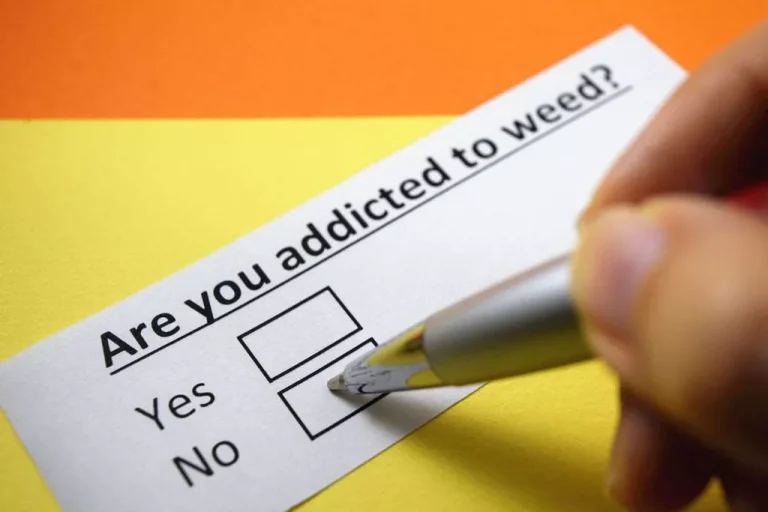Does Alcohol Thin Your Blood? Effects and Impact

They work by keeping your blood from sticking together in a clump (clotting). Blood thinners keep a clot where it is and from getting bigger and prevent new clots from forming. They can also allow your body to absorb the clot through the walls of your veins over time. People taking blood thinners with reduced liver function may accumulate more medication in their bloodstream. Increasing the level of blood thinners in the body can lead to an increased risk of bleeding.
Alcohol’s Impact on Blood Clotting
Blood thinners work by interrupting the body’s natural clotting process. Normally, the proteins fibrin and thrombin work together to form clots that stop bleeding. Blood thinners interfere with these proteins to prevent clot overproduction and unnecessary clot formation when no bleeding has occurred. Delve into the significant variances between paroxysmal atrial fibrillation (AFib) and persistent AFib, considering their implications on cardiac health.

National Healthcare Quality and Disparities Report
Any glucose spikes or drops outside of your typical range could indicate that your body may not be reacting well to the alcohol, and should be discussed with a healthcare provider. It’s also important to note that Ozempic works by lowering blood sugar, and drinking alcohol can also lower your blood sugar. This combination can be especially dangerous for individuals with diabetes, as is alcohol a blood thinner it puts them at risk of hypoglycemia (low blood sugar).
- Researchers also found decreased rates of coronary artery disease (CAD) and non-fatal stroke among people who drank alcohol compared to those who didn’t.
- This type of blockage can lead to life-threatening conditions such as pulmonary embolism, stroke, or heart attack.
- You may also be on blood thinners if you have atrial fibrillation (irregular heartbeat), a mechanical heart valve, or a condition where your blood clots too much (thrombophilia).
- It’s well-documented that alcohol can cause nausea and vomiting as well, which means that drinking alcohol while taking Ozempic can add fuel to the fire.
- For the most part, moderate alcohol consumption is safe for people while taking blood thinners as long as they have no major medical problems and are in overall good health.
- Fluctuations in blood sugar can lead to serious health complications if not managed properly.
Medications That Lower Blood Sugar
- Exceeding the recommended guidelines above is considered heavy drinking.
- Ask your provider if you are unsure whether any of the medications you take are CYP2D6 inhibitors.
- If another doctor orders a new medicine for you, tell the doctor who ordered your blood thinner because dose changes for your blood thinner may be needed.
- So staying well-hydrated improves circulation, according to the American Heart Association.
- Short-term effects occur because of how alcohol impacts receptors in the blood.
- Taking a blood thinner makes it less likely that you’ll get a clot, but “it’s still smart to get up and move around every hour or two,” Dr. Zimring says.
- Be on the lookout for high and low blood sugar symptoms, and know how to treat them.
Research suggests that in low to moderate amounts, alcohol may have blood-thinning effects due to it reducing platelet function. However, higher amounts of alcohol consumption may have the opposite effect and increase the risk of blood clotting. You may be prescribed blood thinners for decades or even the rest of your life. If you abuse alcohol alongside taking this medication you can raise your risk of stroke, heart attack, or life-threatening clots.

- People on blood thinners are often fearful of cutting themselves while shaving, but “you won’t bleed to death from a nick,” Cushman says.
- The different risks that are present will vary based on each individual, and someone who has not spoken with their doctor can have risks they don’t know about.
- Understanding the interactions between alcohol and Eliquis is crucial for maintaining your health.
- A comprehensive understanding of how Eliquis interacts with your body, particularly in relation to clot formation, is fundamental.
- Blood thinners can interact with medicines and treatments that other doctors might prescribe for you.
- It’s not recommended that you start drinking alcohol if you don’t normally.
- Pseudoephedrine can increase blood pressure and heart rate, which can counteract the effects of metoprolol.
You don’t want to take another dose if your system hasn’t processed the last dose. However, like any drug, blood thinners come with side effects, especially if mixed with alcohol. Blood thinner medications prevent blood from sticking together (coagulation) which increases the amount of time it …
Drinking too much alcohol

If a clot forms inside a large, deep vein, typically in the leg — a condition called deep vein thrombosis (DVT) — it could break free and travel to the lungs. There, it can cause a life-threatening blockage known as a pulmonary embolism. According to the Dietary Guidelines for Americans, published by the U.S.